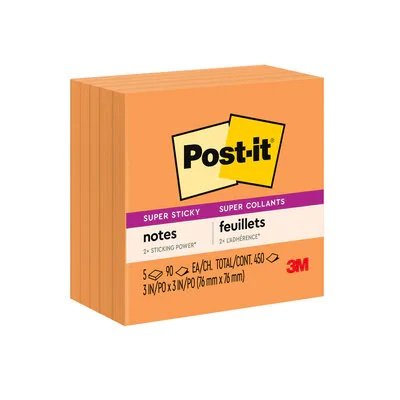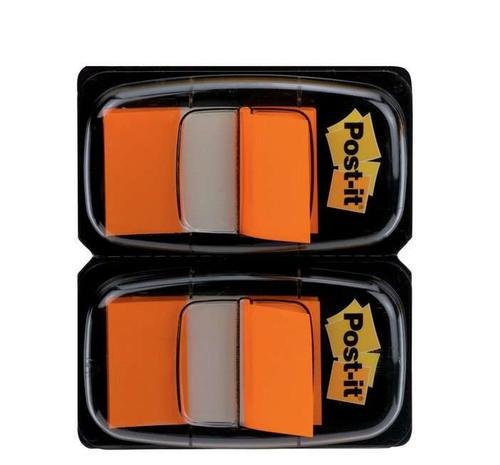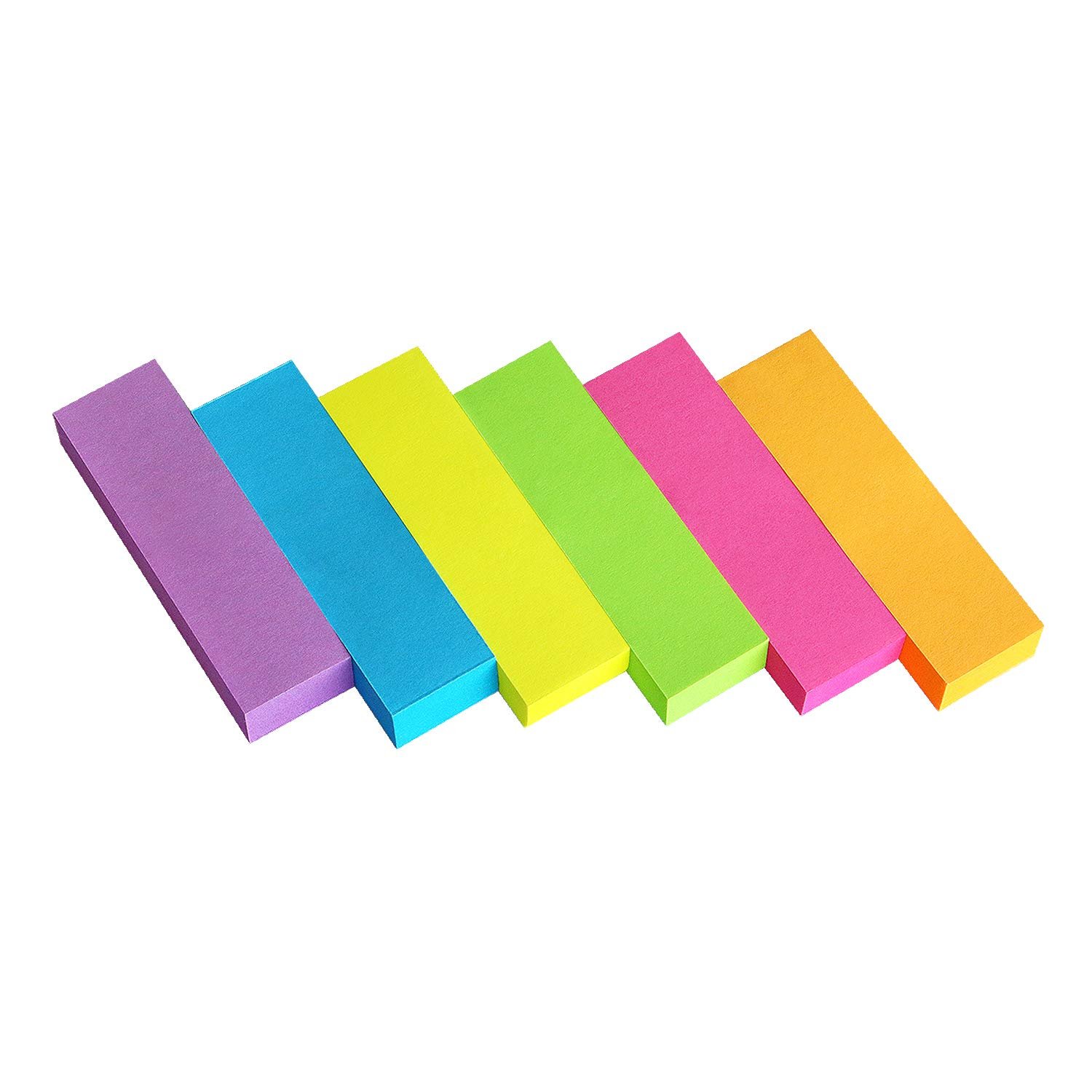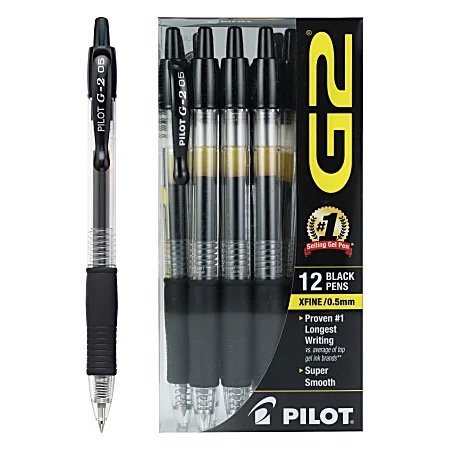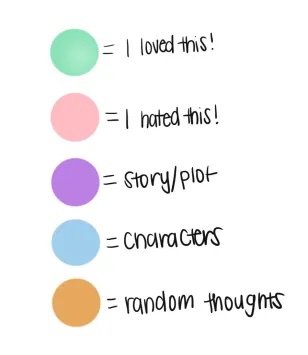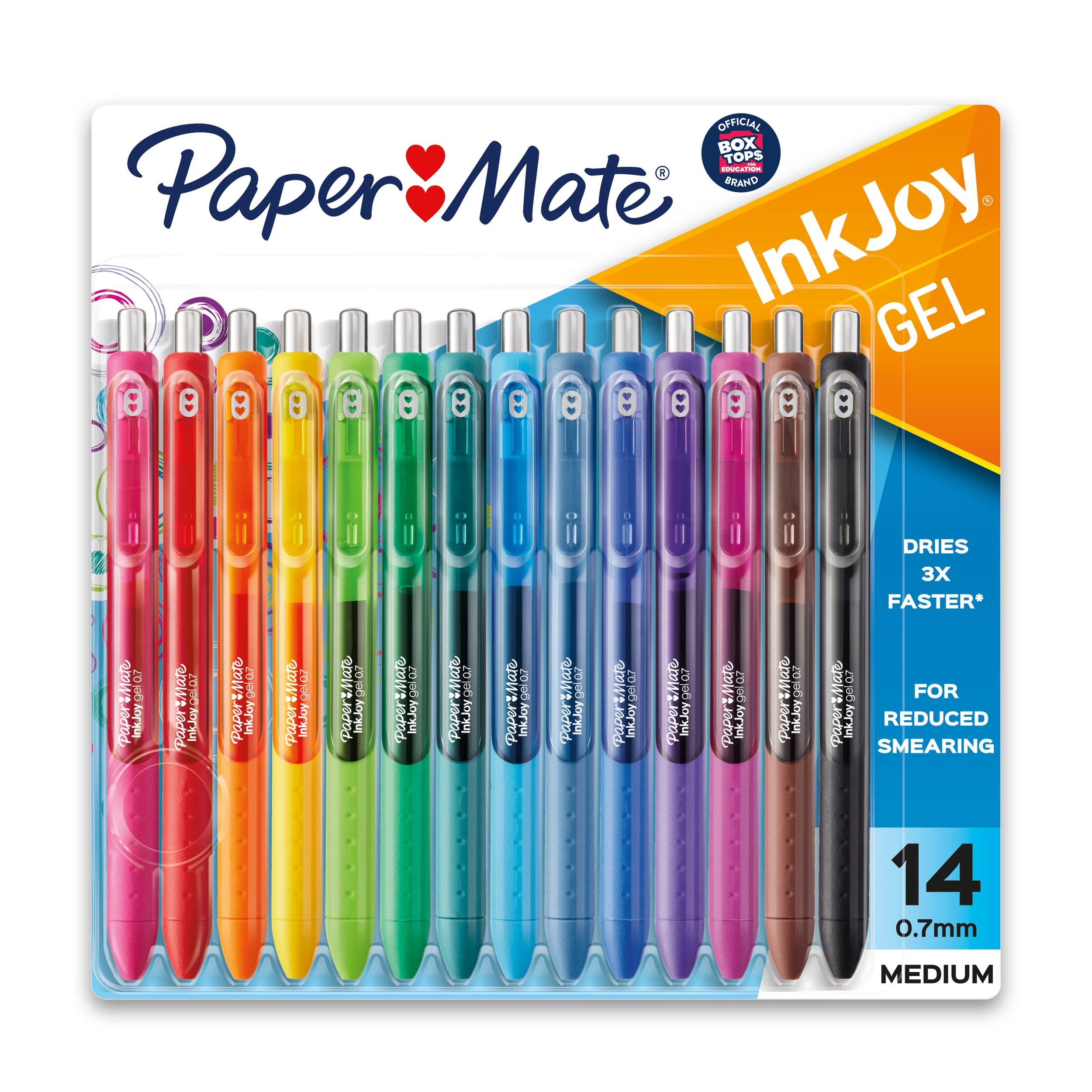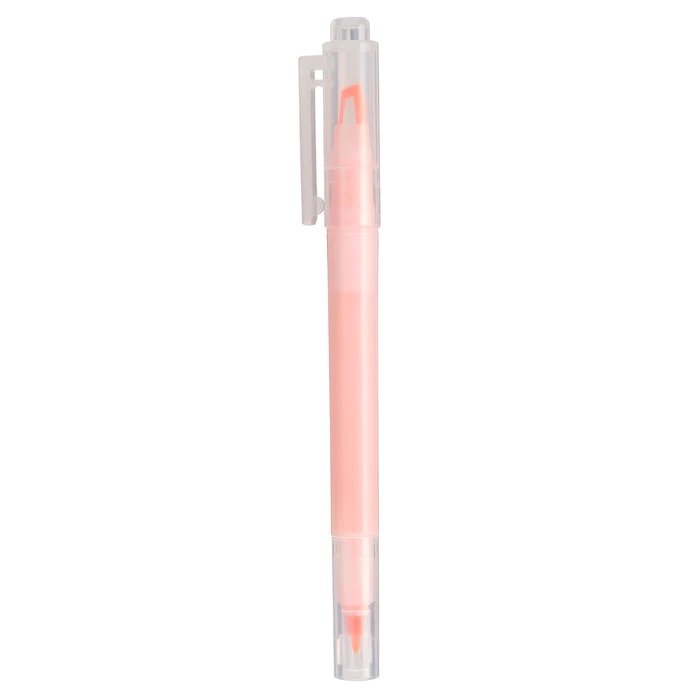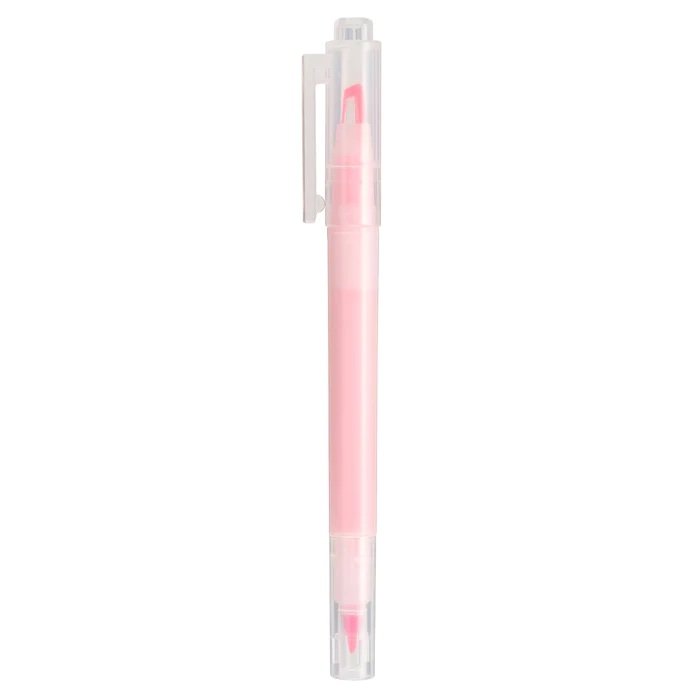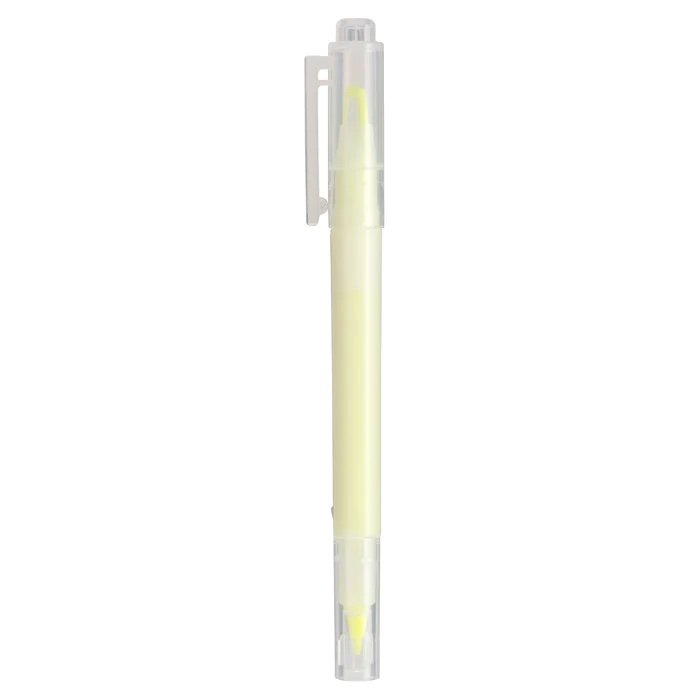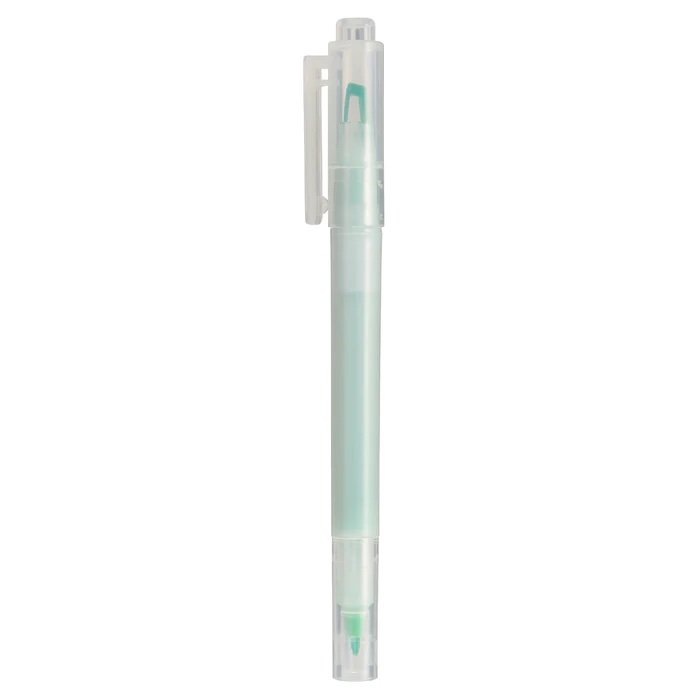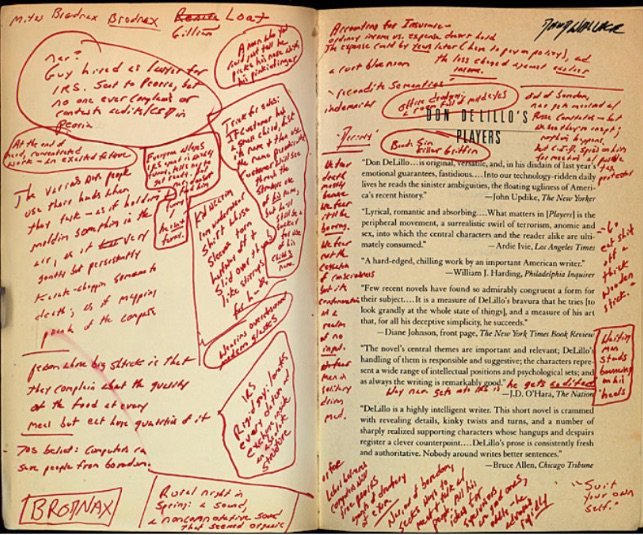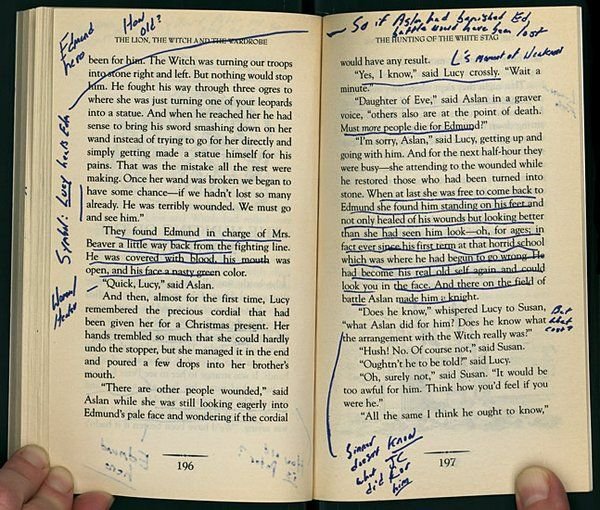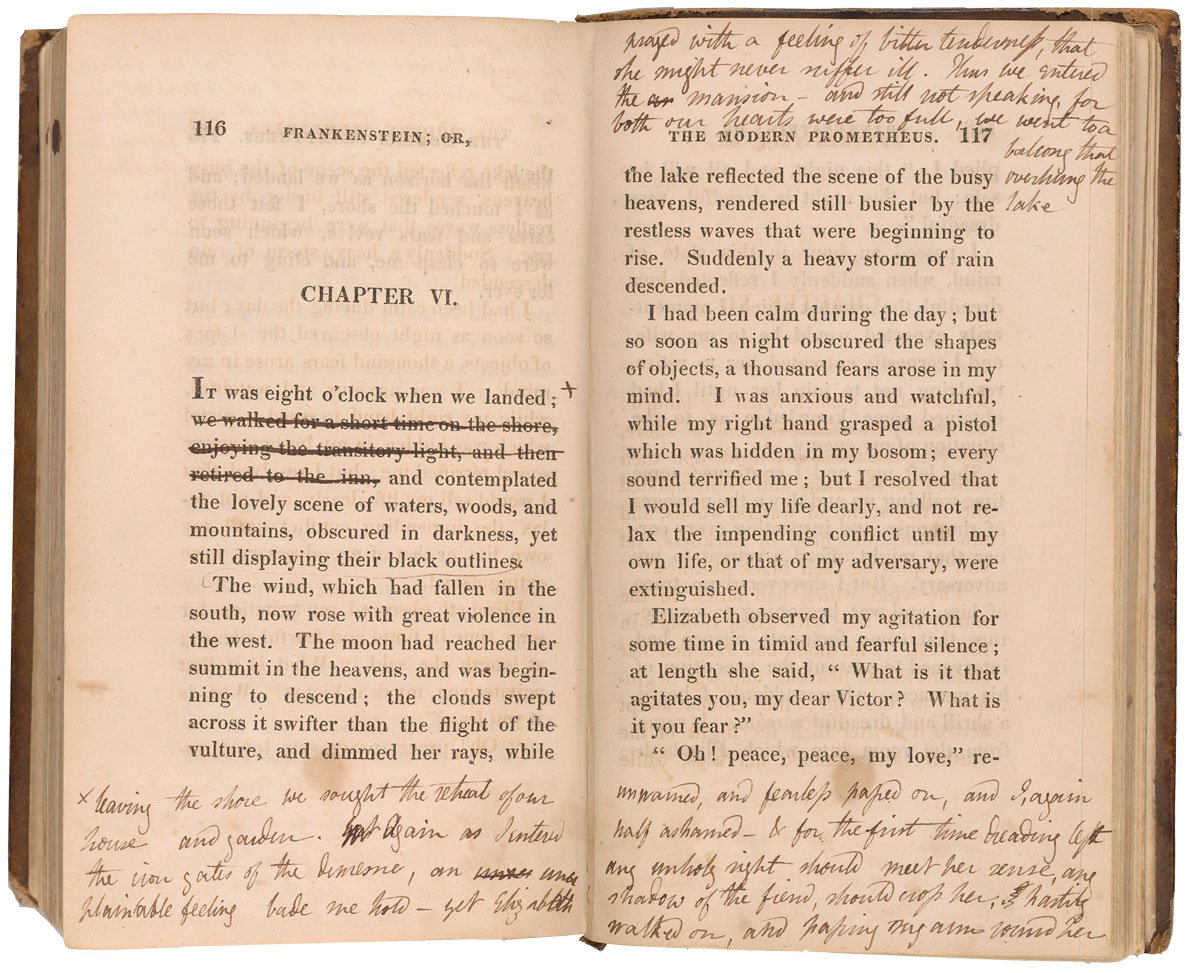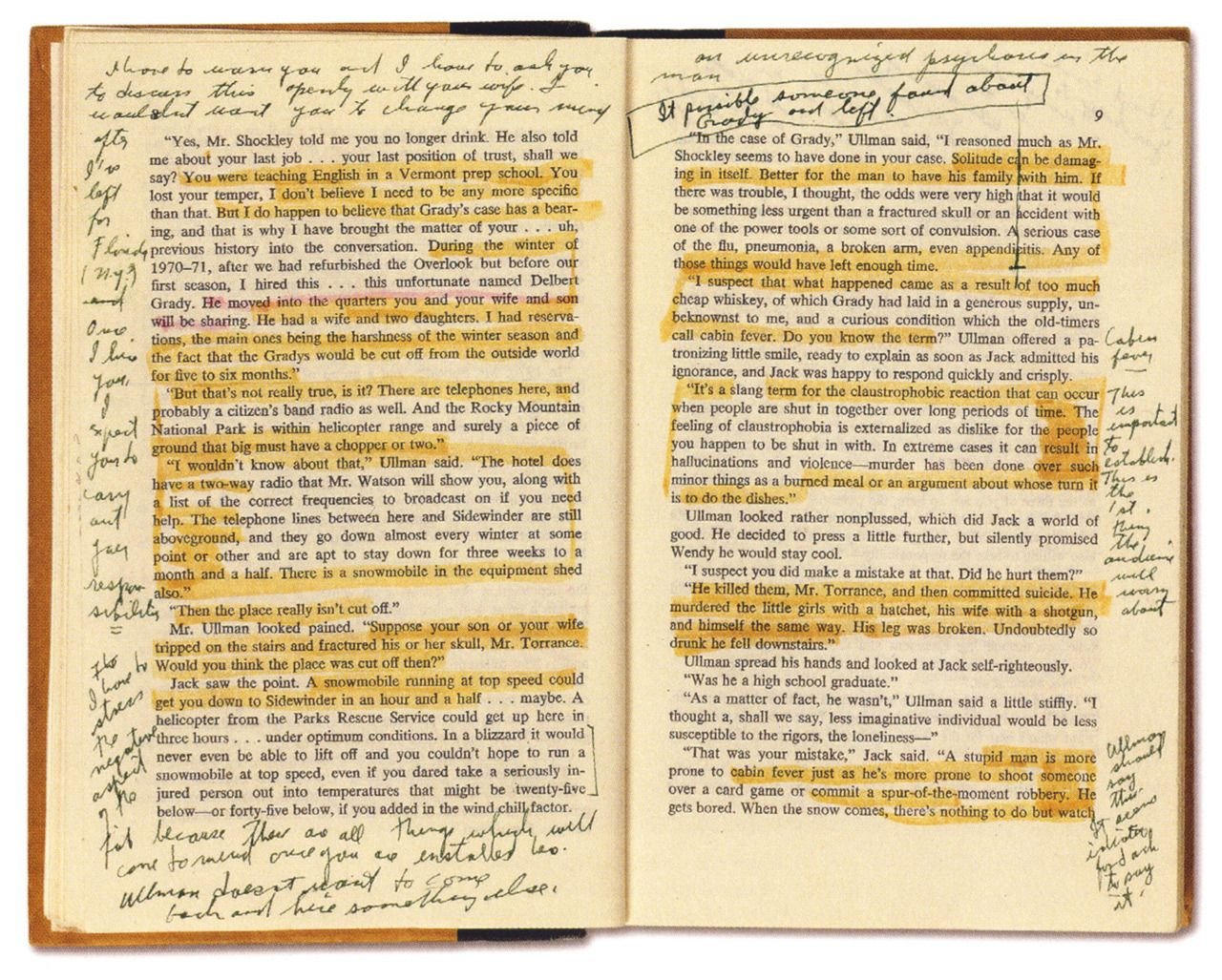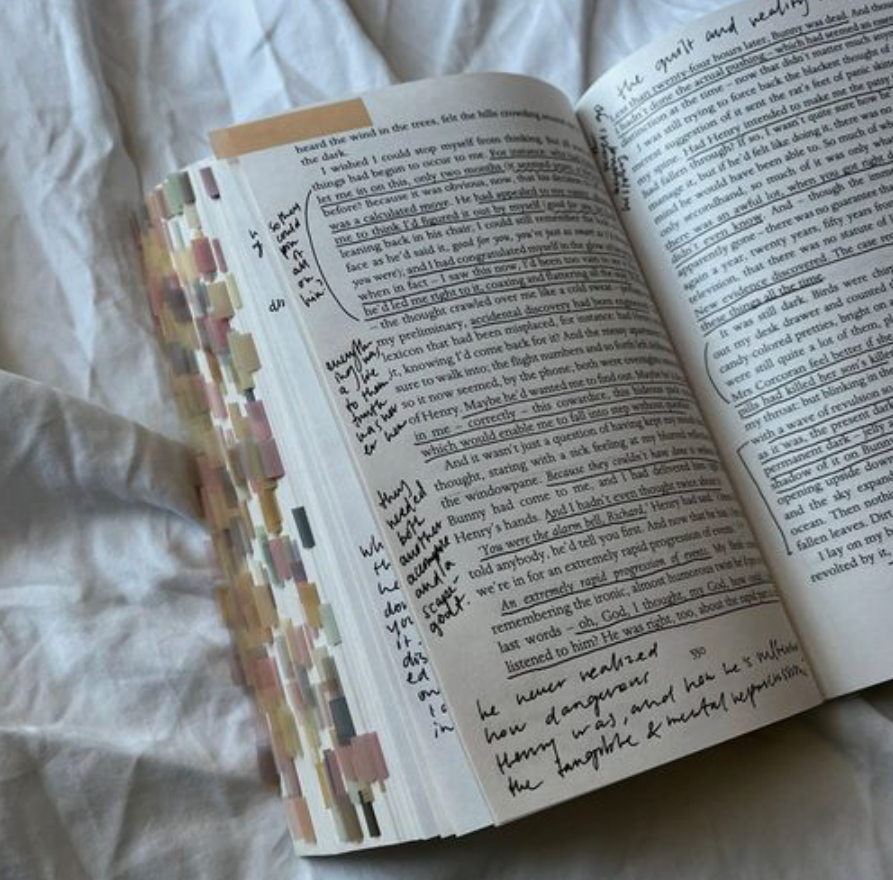Write in Your Books: A Guide to Annotating for Enjoyment
Are you ever reading a book and come across an excerpt, word, quote, or thought that resonates with you? Pick up a pen, maybe a highlighter or some sticky notes, and write in the book!
Annotating doesn't have to be some dreadful task your teacher enforces for an assignment, it can also optimize the enjoyment you find in literature. It helps activate your brain whilst reading and rather than passing by words to forget, how great would it be to remember.
Here is your guide for an autumn full of cozying up in bed with candles lit and a book in hand.
Tools for annotating your favorite reads
Sticky notes will be your sidekick when it comes to annotating the pages of your favorite literature. Marking pages with Post-its is the most efficient way to ensure you are able to find annotations for future reference. If you have a lot to say, Post-it notes will optimize the space that you have to write your insightful thoughts down.
Pens are the best way to ensure your thoughts are permanently written down for future reference. If you are indecisive, you may opt for a pencil. As far as pens go, my favorite ones for tiny, neat writing are Pilot G2s, Muji, and Paper Mate colored pens. Colored pens are great for organizing your annotations but if you'd rather keep your pages somewhat simplified, black pens will become a dear friend when annotating.
When it comes to highlighting in your books, you'll want to stay away from anything that will bleed heavily through the pages or smudge. Muji’s highlighters are the perfect annotation tool and on top of that, they have refillable options.
What exactly Am I Annotating?
You may be wondering where to start with annotating your books. The first thing you'll want to do is pick up an all-time comfort read or a new book that seems intriguing and then look for someone of the things mentioned below.
New words and concepts
Often, you may come across words or concepts in a book you are reading that you may not be sure of. If you'd like to go the extra mile, you can look up explanations or definitions as you go and jot those down on the pages. Expanding your vocabulary never hurts.
Inspirational quotes
The term ‘inspirational quote’ can come off as quite the cliche– but it doesn't have to. You could highlight a quote in your book that may have a dark meaning, an insightful meaning, or that you were simply drawn to.
Thoughts
When flipping through the pages of a book, you may find thoughts arise. These thoughts could have to do with anything—the book, a current situation, literally anything. Books can make amazing diaries.
Drawings
Maybe you are an artistic type or a visual learner. Doodling in your books can be an effective way to engage in plot lines and sift through your thoughts about the book.
Question the text
Questions often arise, whether it be about a character, an action, the author's intentions, or where the book's plot may go next. Whatever it may be, jot it down. You can work through your personal interpretation on the back page of the book or leave the questioning. be.
Source: Pinterest
So, pick up a book you once thought deeply of or choose a fresh one off a bookshelf and start annotating! As long as it is your personal book, you are free to doodle, write, or mark anything that sticks with you. And remember, messiness is encouraged so embrace dog-earring pages and fill each and every margin.
What book will you be annotating this autumn? Leave a comment below.

